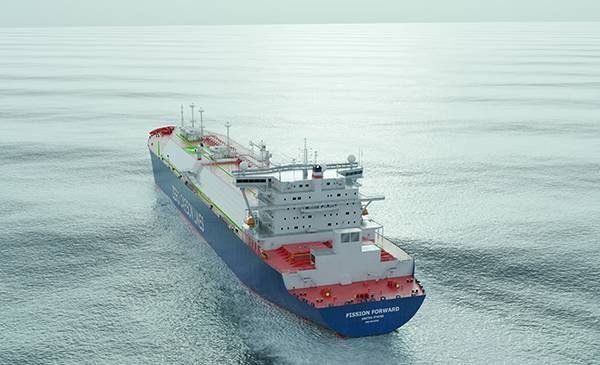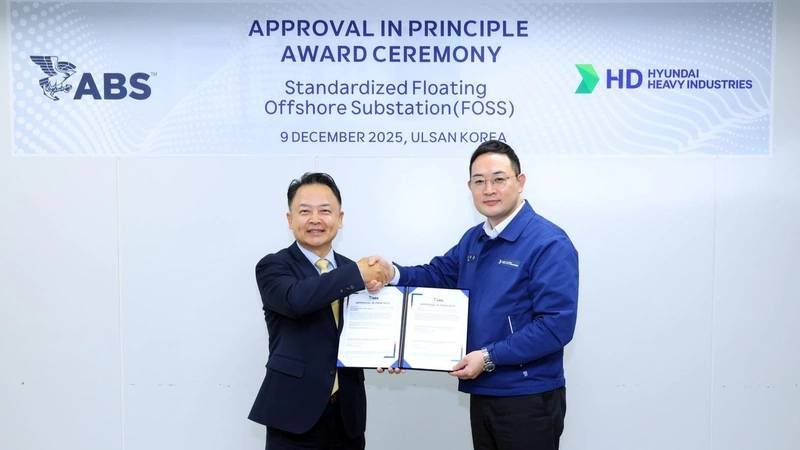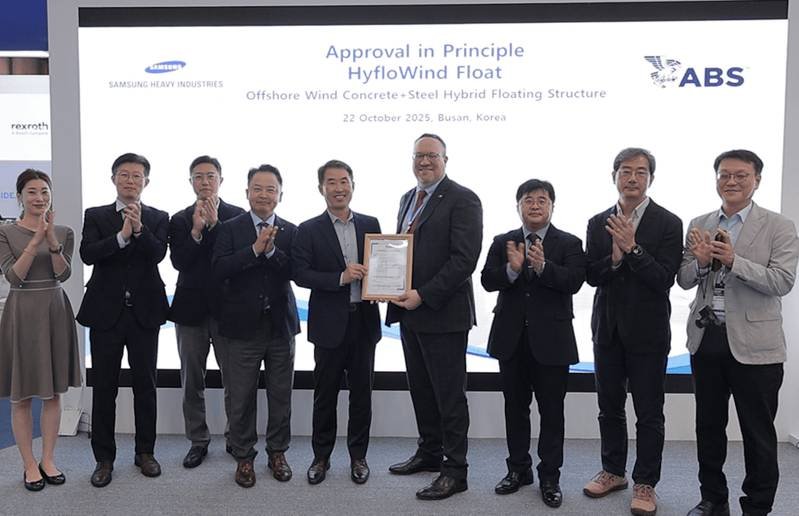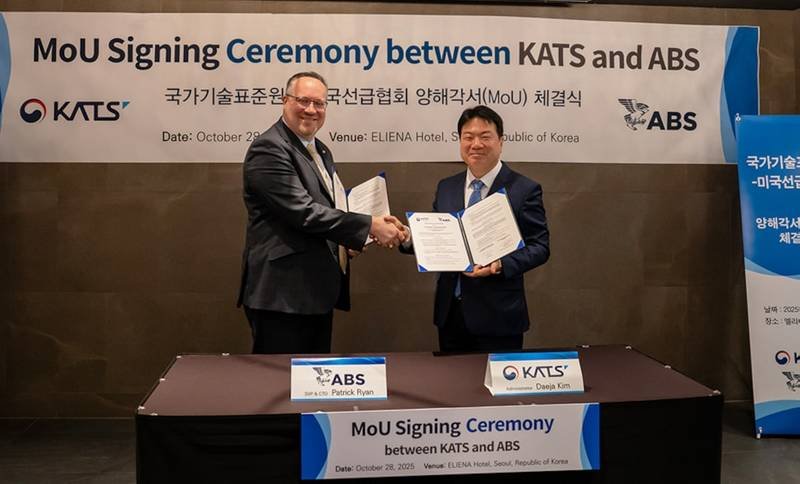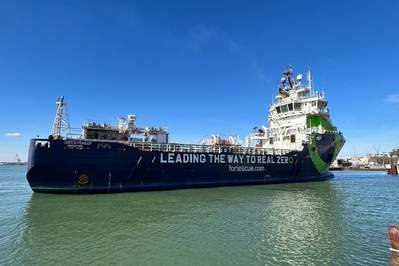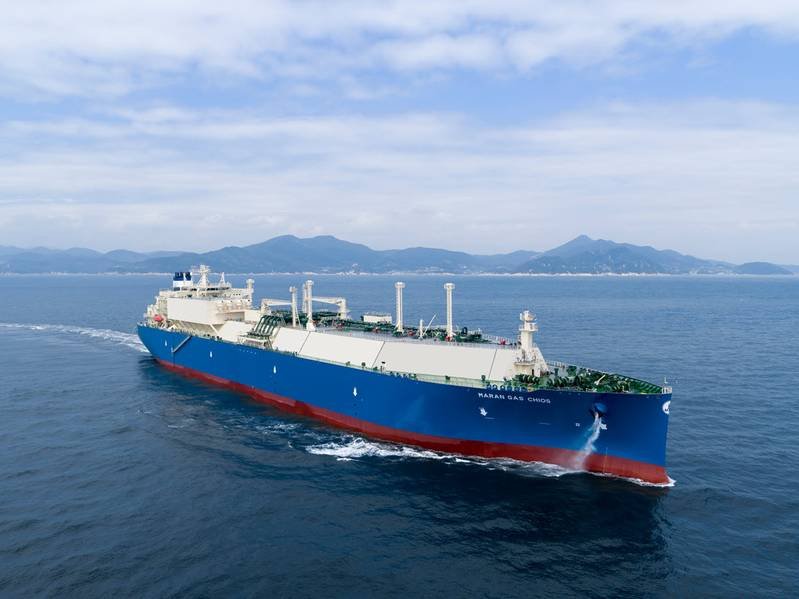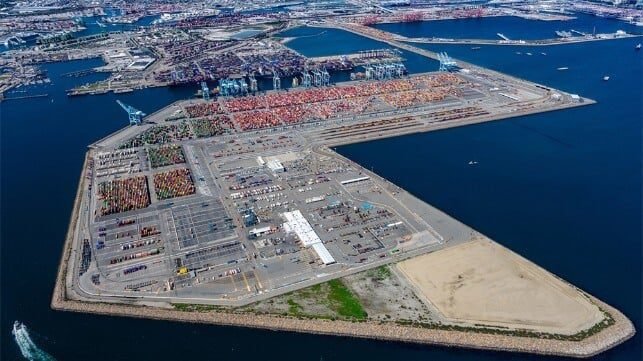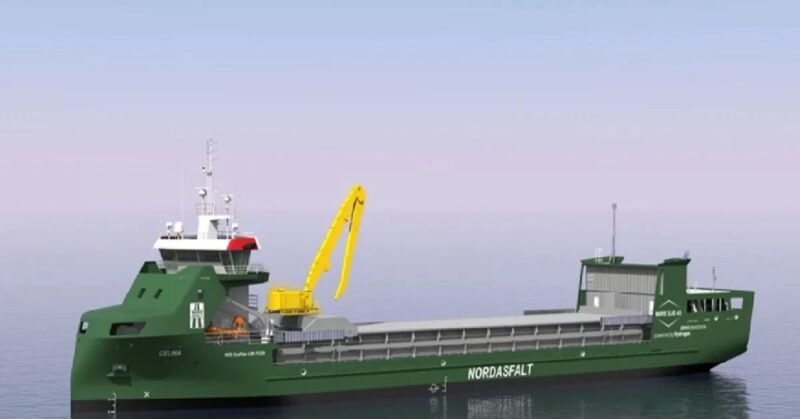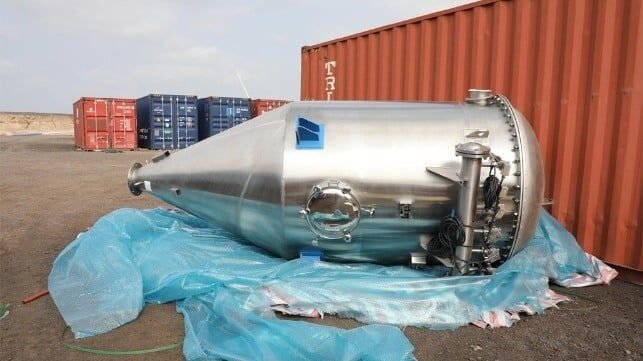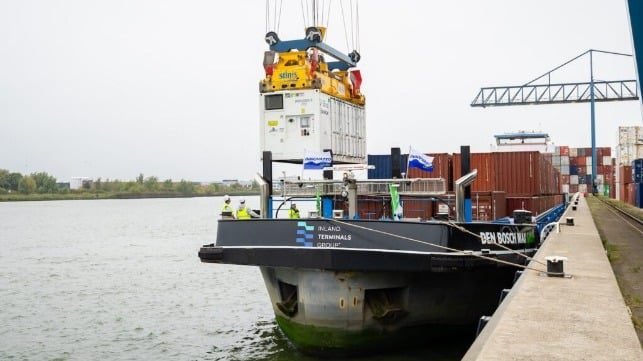The American Bureau of Shipping (ABS) recently released a report on the potential use of advanced nuclear technology in maritime applications. The report suggests that installing this technology on LNG carriers could enable faster transit speeds while operating with zero emissions. ABS conducted a study in collaboration with Herbert Engineering Corporation (HEC) to model the impact of a high-temperature, gas-cooled reactor (HTGR) on the design, operation, and emissions of a standard LNG carrier. The study aims to provide valuable insights into the feasibility and safety implications of nuclear propulsion for the industry.
The study highlights the transformative potential of HTGR technology in enhancing the design and performance of LNG carriers. It offers crucial information on heat and energy management, shielding, weight distribution, and other design features required for a nuclear-propelled LNG carrier. The technology allows for faster transit speeds and zero-emission operations, eliminating the need for refueling. However, it would require replacement approximately every six years. ABS Senior Vice President and Chief Technology Officer, Patrick Ryan, emphasizes the significant potential of nuclear propulsion in addressing emissions challenges and providing operational advantages to the industry.
The study suggests specific design features for a nuclear-propelled LNG carrier, including the placement of reactors at the rear of the vessel and batteries forward of fuel tanks. The report indicates that the HTGR technology would be most suitable for larger LNG carriers due to design constraints. ABS has been actively working on initiatives to address challenges related to the adoption of nuclear technology at sea. Earlier this month, ABS introduced comprehensive rules for floating nuclear power plants in collaboration with Idaho National Laboratory (INL), demonstrating a commitment to advancing nuclear technology in the maritime sector.


